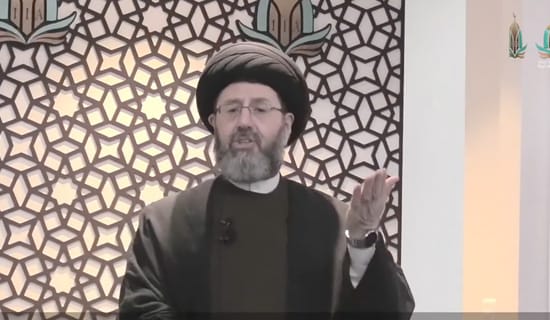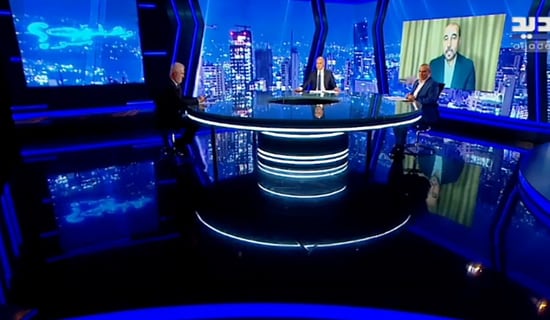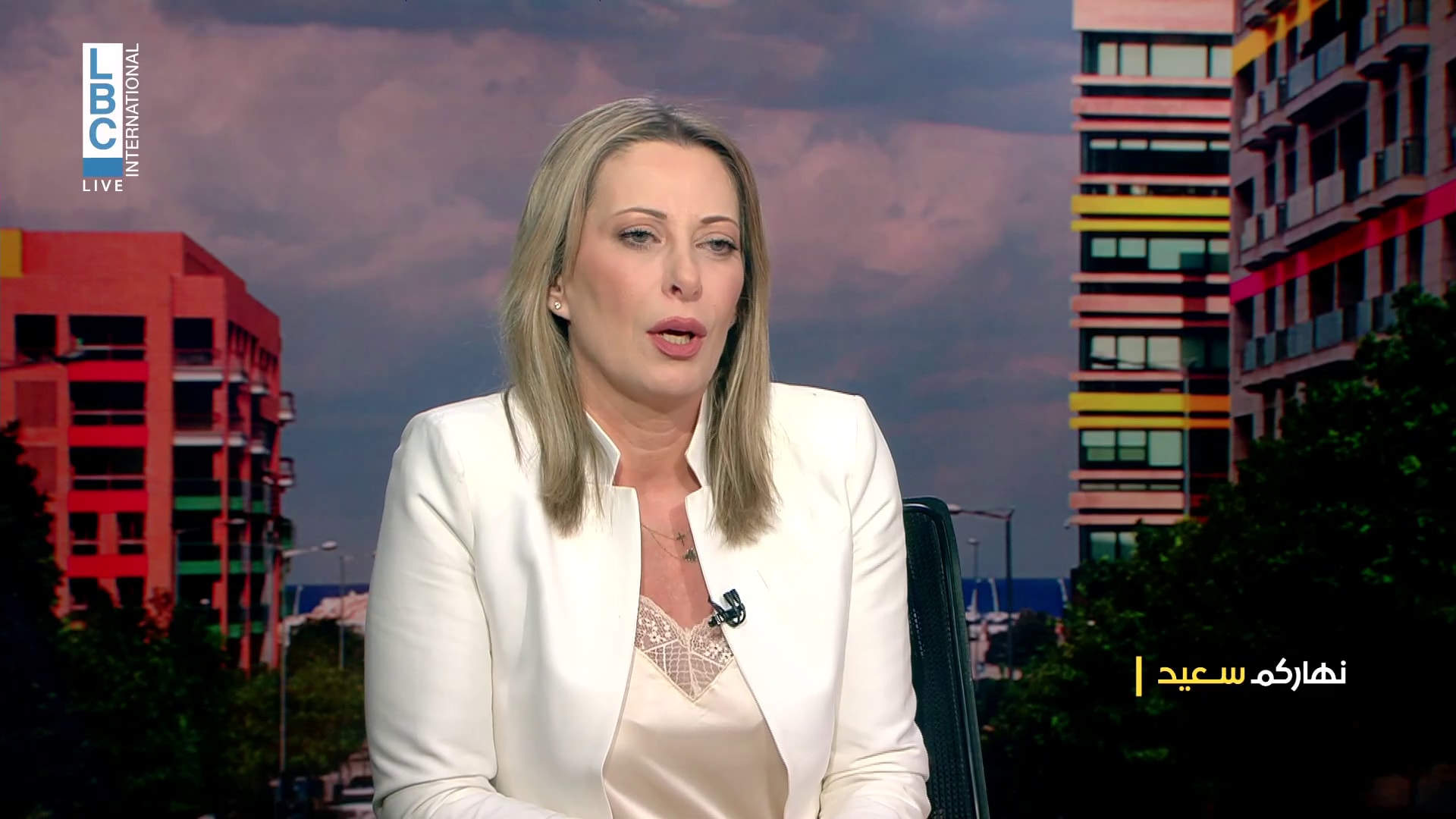
Lebanese writer Hazem Saghieh said in a November 28, 2021 interview on Al-Jazeera Network (Qatar) that it is impossible to fix the situation in Lebanon unless the problem of Hizbullah's weapons is resolved. He said that the issue of Hizbullah is unique because its military power equals and even exceeds that of the state. In addition, he said that after Israel's withdrawal from Lebanon in 2000, the Shebaa Farms became a pretext for the existence of Hizbullah's weapons. Later in the interview, Saghieh explained how the "Syrian-Iranian" interpretation of the Taif Agreement was forced upon Lebanon through a political assassination carried out by Hizbullah.
Hazem Saghieh: "When a society is divided across religious, sectarian, or ethnic lines, and one of the sides, for whatever reason, gets to keep its weapons, dozens of cases teach us that these weapons frighten the people who did not get to keep their weapons, ad lay the ground for the establishment of a regime dominated by those who bear arms."
Journalist: "You are talking about the case of Lebanon and Hizbullah."
Hazem Saghieh: "There have been numerous such cases."
Journalist: "So let's focus on Hizbullah and Lebanon. How do you view the role played by Hizbullah since its establishment in the early 1980s? How has it influenced the Lebanese scene?"
Hazem Saghieh: "First of all, let us establish that Hizbullah is a unique case in the world. As far as I know, there is no other group whose military power equals and even exceeds that of the state.

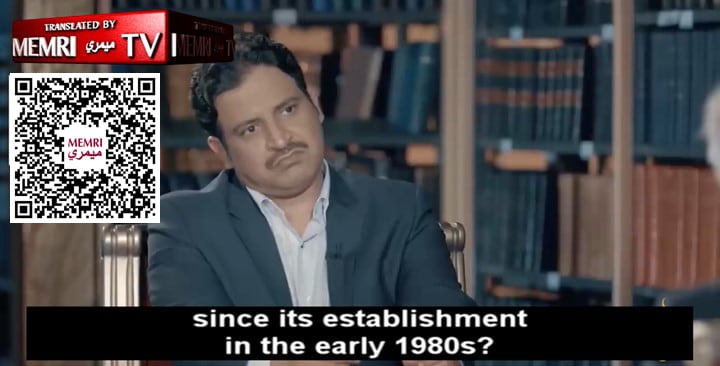
[...]
"I am not saying that Hizbullah is the only flaw in the situation in Lebanon. There is a whole host of other reasons that the situation in Lebanon is so bad, but the most salient and significant reason – and you cannot fix the situation in Lebanon unless you resolve this [problem] – is the weapons of Hizbullah.

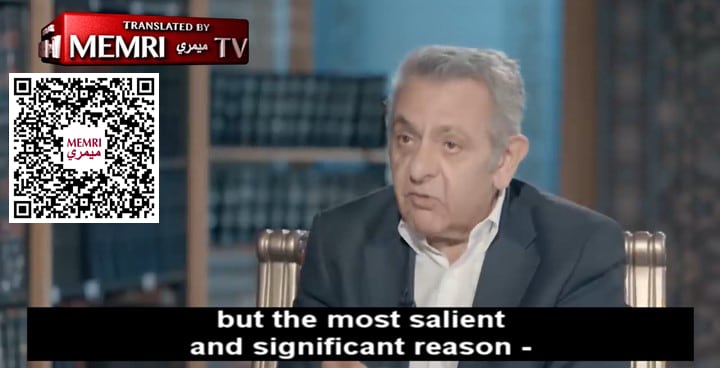

"Hizbullah's transgression of Lebanese sovereignty has brought it to wage war in Syria against the Syrian people.


[...]
"I do not agree with people who say that Hizbullah used to be a resistance group and has transformed into something else. This was the resistance right from the start – an armed military tool that ignores the Lebanese state, and that is supported by the Syrian and Iranian regimes, in order to dominate Lebanon. Let me tell you a story that is known to everyone in Lebanon. When Israel's unilateral withdrawal took place in 2000, the Syrian regime rediscovered the Shebaa Farms. Historically speaking, the Shebaa Farms were in dispute between Syria and Lebanon. In order to justify the existence of Hizbullah's weapons, they turned the Shebaa Farms into their [main] pretext, although at other times, they would claim that they needed these weapons to liberate Palestine, or to reach Jerusalem, and so on. So there was a decision that these weapons must remain in their hands. This brings to mind the year of 1989, when the Taif Agreement was signed. Consequently, René Moawad was elected President of Lebanon. He interpreted the Taif Agreement differently, so he was assassinated. At the time, nobody could carry out assassinations in Lebanon, except for the Syrian regime, its loyalists, and Hizbullah. So René Moawad was assassinated and Elias Hrawi was made President. Thus the Syrian-Iranian interpretation of the Taif Agreement was forced upon Lebanon."













